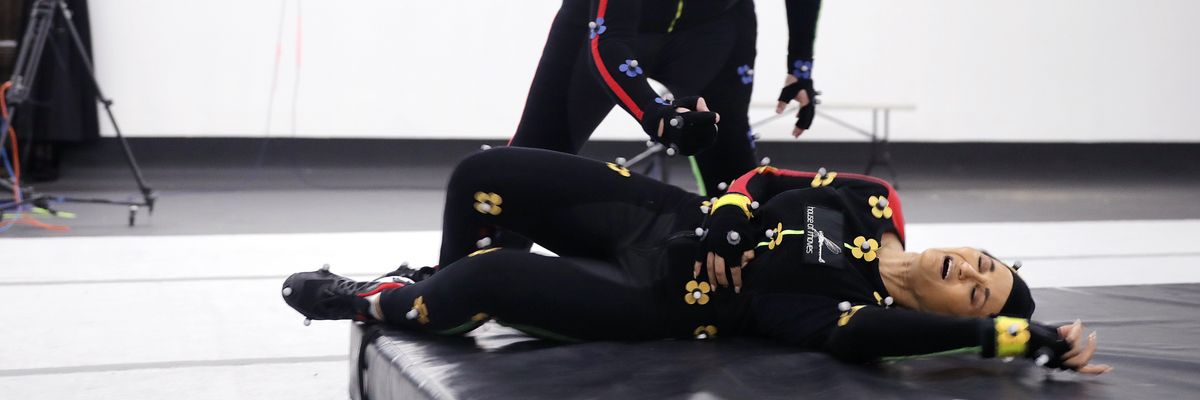Screen Actors Guild-American Federation of Television and Radio Artists video game performers voted 98.32% in favor of authorizing a strike Monday, a day before negotiations were set to resume with industry representatives.
The voice and motion-capture performers want inflation-adjusted wages, improved workplace safety, and protection against the exploitative use of artificial intelligence. Similar concerns about AI
drove the Writers Guild of America and the film and television actors represented by SAG-AFTRA out on strike earlier this year.
"It's time for the video game companies to stop playing games and get serious about reaching an agreement on this contract," SAG-AFTRA President Fran Drescher
said in a statement. "The result of this vote shows our membership understands the existential nature of these negotiations, and that the time is now for these companies—which are making billions of dollars and paying their CEOs lavishly—to give our performers an agreement that keeps performing in video games as a viable career."
The strike authorization vote was cast by 27.47% of eligible union members. It does not mean the video game actors will strike, but the union hopes it will give them bargaining power in negotiations that have dragged on since they began in October 2022. In November of that year, the Interactive Media Agreement between video game performers and major companies expired,
Reuters reported. It has been extended on a month-to-month basis ever since.
"After five rounds of bargaining, it has become abundantly clear that the video game companies aren't willing to meaningfully engage on the critical issues: compensation undercut by inflation, unregulated use of AI, and safety," SAG-AFTRA National Executive Director and Chief Negotiator Duncan Crabtree-Ireland said in a statement.
AI is an emerging concern across the creative industries, as performers and writers want to make sure they retain the rights to their images and work.
"It's not being dramatic to say we are at a crossroads where the very sustainability of a career performing in video games is at stake."
"This is at an inflection point for our industry. In particular with AI, because right now there aren't any protections," Ashly Burch, a voice actor for the video game
Horizon Zero Dawn, told Reuters. "So, there's every possibility that someone could sign a contract and be signing away the right to their voice or their movement."
The union also wants to make sure on-camera performers are entitled to the same breaks as off-camera performers, to
improve physical safety for motion-capture actors, and to increase voice-stress protections for voice actors.
On the other side of the negotiating table
sit 10 of the largest video game companies in the business, according to More Perfect Union. They are Activision Productions Inc., Blindlight LLC, Disney Character Voices Inc., Electronic Arts Productions Inc., Formosa Interactive LLC, Insomniac Games Inc., Epic Games, Take 2 Productions Inc., VoiceWorks Productions Inc., and WB Games Inc., the union said.
"We will continue to negotiate in good faith to reach an agreement that reflects the important contributions of SAG-AFTRA-represented performers in video games," a spokesperson for the IMA
toldThe Hollywood Reporter. "We have reached tentative agreements on over half of the proposals and are optimistic we can find a resolution at the bargaining table."
If they don't, members may join their film and television colleagues on the picket line.
"It's not being dramatic to say we are at a crossroads where the very sustainability of a career performing in video games is at stake," SAG-AFTRA executive vice president Ben Whitehair said in a video recorded for members, according to
The Hollywood Reporter.

